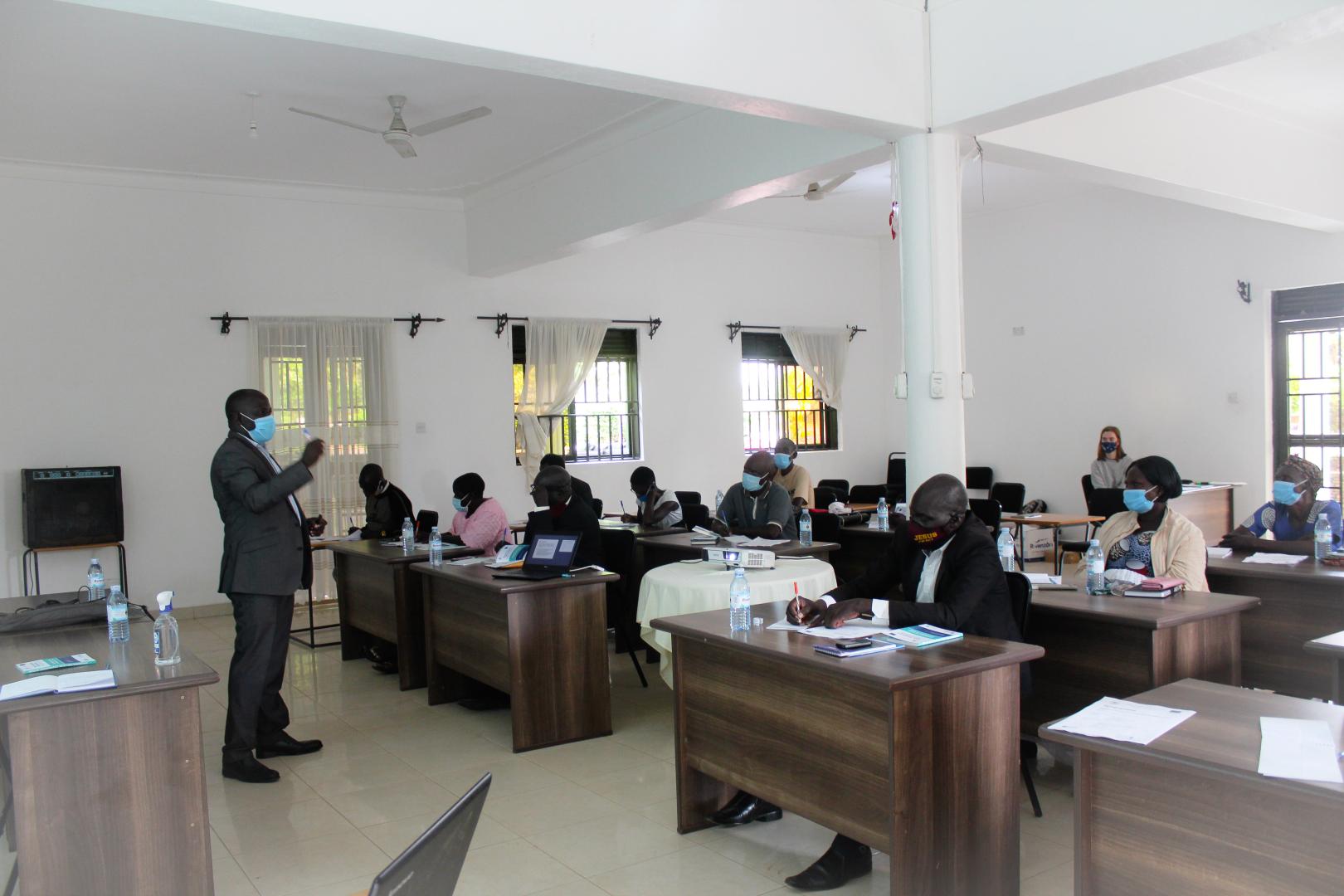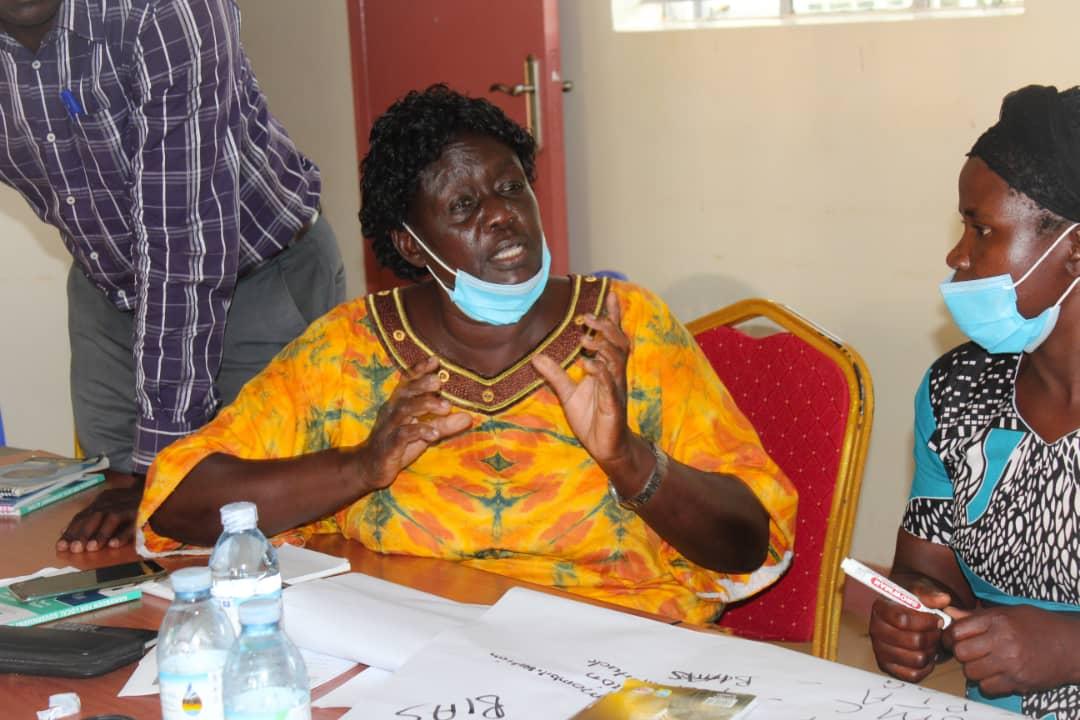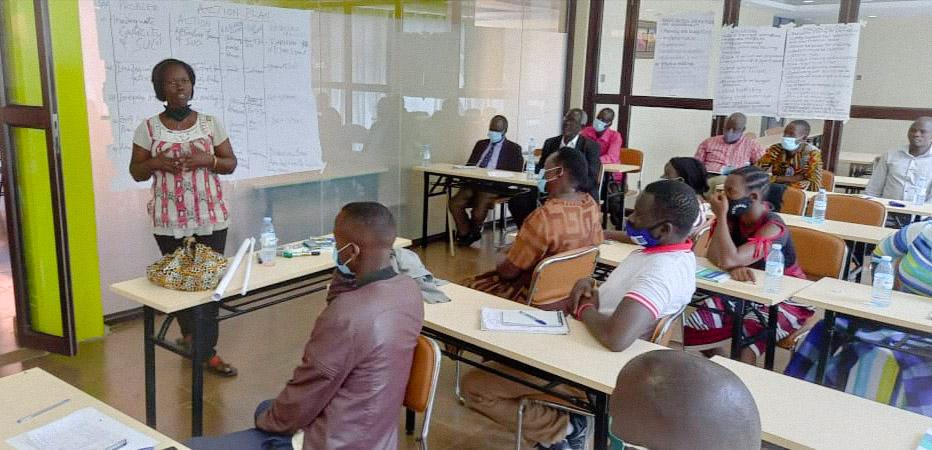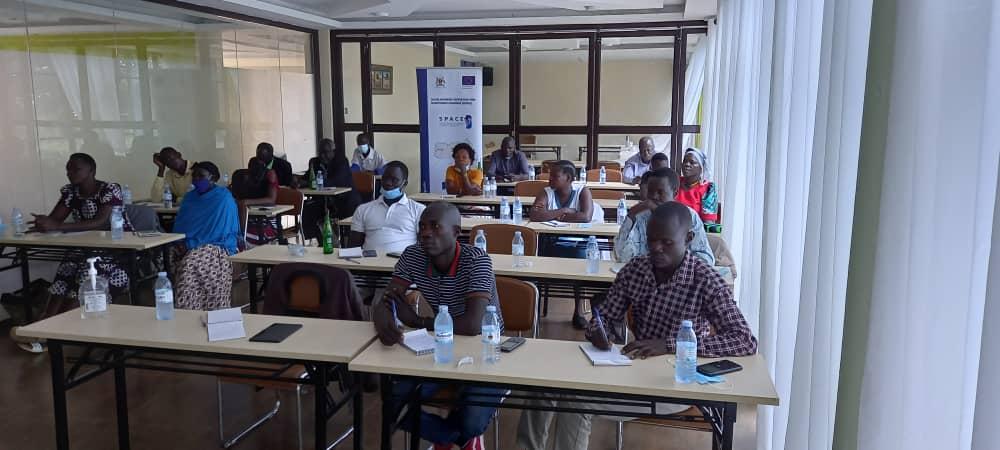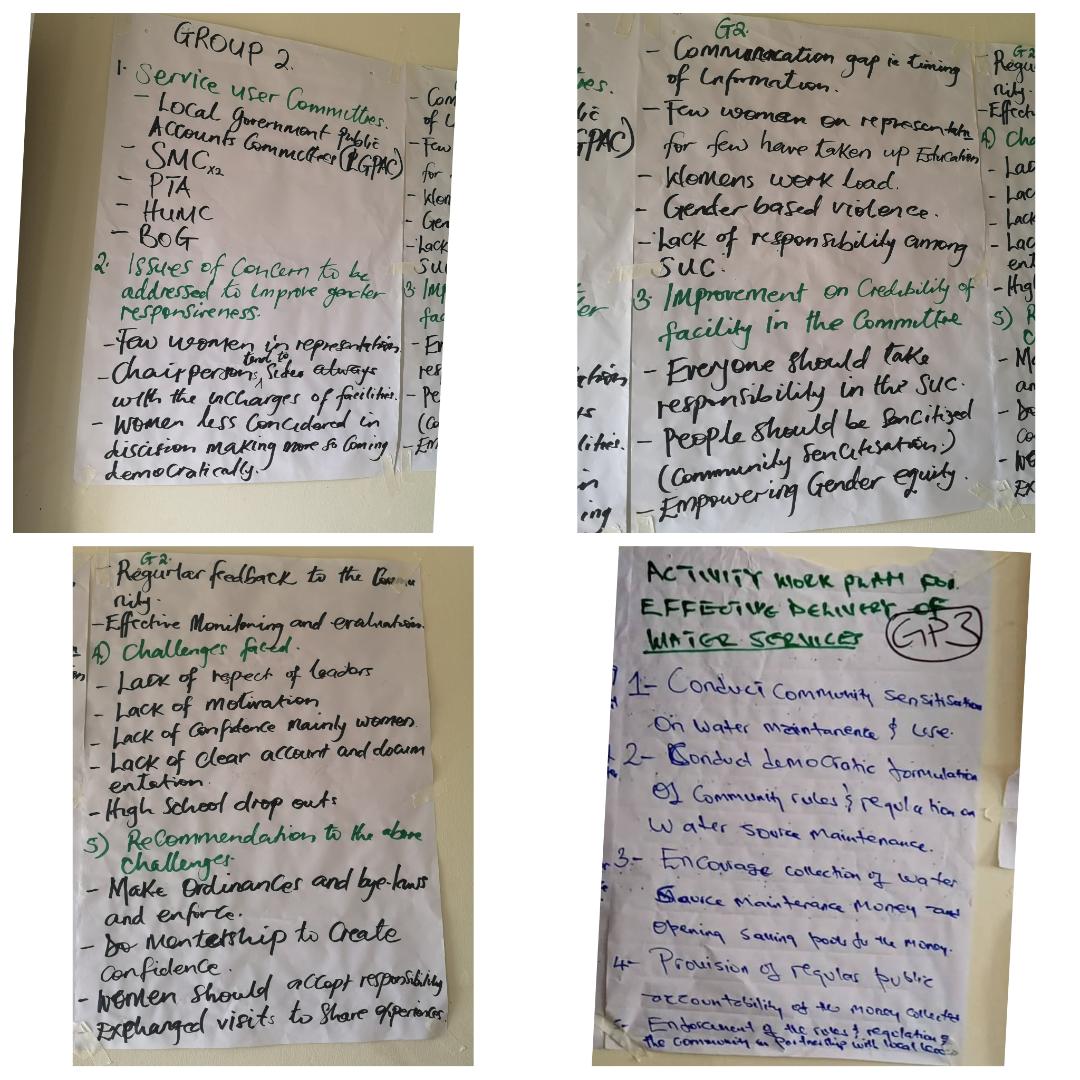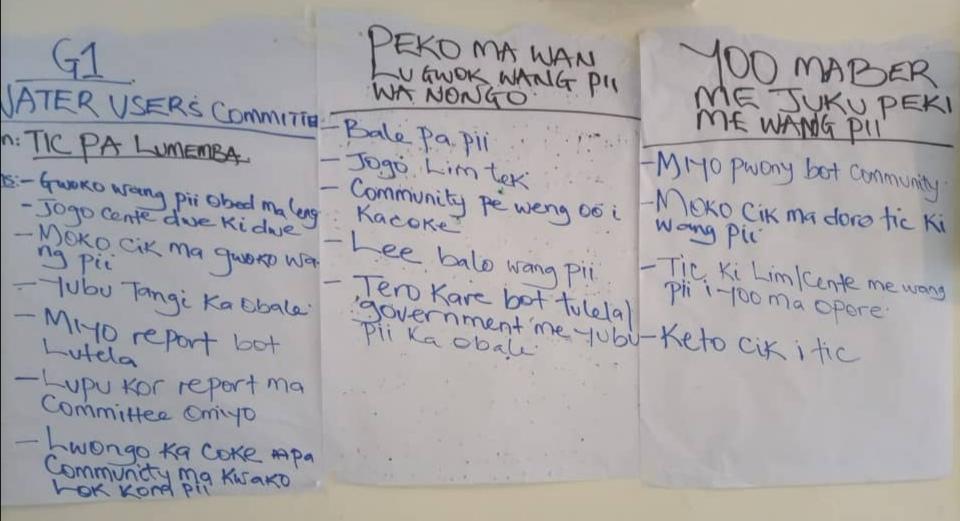Training of Service User Committee Members in Northern Uganda
Public service delivery in both urban and rural areas of Uganda is often below par because of either a lack of accountability and commitment at the political level, or because decentralisation in providing better quality public services has not yet taken place, or even due to a lack of resources. In order to encourage communities to take over operations, become more involved in monitoring, managing and overseeing services delivered to them, Local Governments are leveraging Service User Committees (SUCs) within the districts.
As regards to duties of citizens in governance and service delivery defined in Article 17 of the 1995 constitution, citizens are expected to embrace the democratic principles and practices at house hold and organizational levels on effectively participating and influencing the governance and development process of the country. Service User Committees are key governance structures formed and managed by community members at village, resident or even neighbourhood level, for influencing planning, greater transparency and effective management of control programmes.
A training and capacity building workshop for SUCs in Arua, Gulu, Lira, Amuria, Moroto & Napak was conducted. This training brought together 146 active members of committees across all sectors, ranging from; Water User Committees, School Management Committees, Parent – Teacher Associations, Health User Management Committee, Local Government Public Accounts Committee and Boards of Directors as the executive body. We identified proficient consultants from each of the districts to facilitate the training and develop content on laws, policies and regulatory frameworks within Local Governments, making reference to our Legal compendium in areas of gender inclusion, public resource management, accountability and service delivery.
We undertook a participative approach in the training and received presentations from different participants. In the discussions, we talked about the respective district related issues in accountability and service delivery, challenges faced by SUCs in performing their roles and duties and derived action plans and solutions to further improve performance. Some of the key mutual issues raised include political differences and gaps, illiteracy and unwillingness of community members to contribute towards operations and maintenance of the services provided, irregular meetings, poor record keeping, delays by management to respond to queries of accountability, inadequate resources, natural calamities like lightening and floods, poor participation, involvement and commitment of women in such management roles and ignorance on statutory laws and policies.
Some of the above challenges shared formed the basis for expanding the training content. Together, we had a session on effective meetings, documentation and reporting, a session that helped with insights on how to conduct regular meetings and collect timely feedback on follow ups. Additionally, it was resolved to actively engage politicians in community developmental works, conduct community sensitisations, involve community members in policy setting, make community ordinances and bye-laws, create coaching and mentorship programmes among themselves and lastly encourage women to take on leadership responsibilities in the communities. Adding to the action point on women inclusion, a participant said, ‘’Women have been cooking chicken and serving it all to men. It is time for them to have a share of it. Change starts with the actions we take.’’
We concluded with a leadership and ethical conduct session to equip SUC leaders with skills and knowledge to take responsibility as leaders of the communities that they serve. While calling on SUC members to embrace their leadership and accountability roles, Emmanuel Atibuni, said, ‘’Every society relies on good leadership for direction and progress. Failure of good leadership often leads to confusion and underdevelopment. To exercise good leadership, we must work well with others, be supportive and influential.’’
이 시리즈에 대해
콘라드-아데나워-재단은 자체의 교육원, 교육센터, 해외대표부 등을 통해 매년 수천개가 넘는 다양한 주제의 행사를 진행하고 있습니다. www.kas.de 에서는 귀하에게 선정된 콘퍼런스, 이벤트, 심포지엄 등에 관한 정보를 신속하게 그리고 독점적으로 제공합니다. 이 웹사이트를 통해 귀하는 행사의 요약된 내용 뿐 아니라 사진, 강연원고, 비디오 녹화 또는 오디오 녹음과 같은 추가자료들을 접할 수 있습니다.



